The 2025 Psychiatric and Mental Health Nursing Chapter 1 & 2 Review: Comprehensive Study Guide with Key Concepts, 70 NCLEX Practice Questions, and Exam Success Tips is an indispensable resource for nursing students preparing for psychiatric and mental health nursing exams in 2025, focusing on Chapters 1 and 2. This study guide provides a deep dive into foundational concepts, including the history of mental health nursing, therapeutic nurse-patient relationships, and mental health assessment techniques. It covers critical topics such as establishing trust using Peplau’s Interpersonal Relations Theory, applying Maslow’s Hierarchy of Needs to prioritize patient care, and conducting a mental status examination (MSE) to evaluate mood, affect, and cognition. The guide includes 70 NCLEX-style practice questions, featuring multiple-choice, select-all-that-apply, and case study formats, with scenarios like assessing a patient for signs of major depressive disorder or intervening in a therapeutic communication breakdown. Each question is paired with detailed rationales, explaining clinical reasoning—for example, why a nurse should use silence as a therapeutic technique to encourage a patient to express feelings. Additionally, the guide offers exam success tips, such as time management strategies, methods to tackle select-all-that-apply questions, and ways to apply the NCSBN Clinical Judgment Measurement Model (NCJMM), ensuring students are well-prepared for their exams, NCLEX, and clinical practice in psychiatric nursing.
Preview
In response to a student’s question regarding choosing a psychiatric specialty, a charge
nurse states, “Mentally ill clients need special care. If I were in that position, I’d want a
caring nurse also.” From which ethical framework is the charge nurse operating?
A. Kantianism
B. Christian ethics
C. Ethical egoism
D. Utilitarianism – – correct ans- -B. Christian ethics
Rationale: The charge nurse is operating from a Christian ethics framework. The imperative
demand of Christian ethics is that all decisions about right and wrong should be centered
in love for God and in treating others with the same respect and dignity with which we
would expect to be treated. Kantianism states that decisions should be made based on
moral law and that actions are bound by a sense of moral duty. Utilitarianism holds that
decisions should be made focusing on the end result being happiness. Ethical egoism
promotes the idea that what is right is good for the individual.
During a hiring interview, which response by a nursing applicant should indicate that the
applicant operates from an ethical egoism framework?
A. I would want to be treated in a caring manner if I were mentally ill.
B. This job will pay the bills, and the workload is light enough for me.
C. I will be happy caring for the mentally ill. Working in med/surg kills my back.
D. It is my duty in life to be a psychiatric nurse. It is the right thing to do. – – correct ans- -B.
This job will pay the bills, and the workload is light enough for me.
Rationale: The applicants comment reflects the ethical egoism framework. This framework
promotes the idea that decisions are made based on what is good for the individual and
may not take the needs of others into account.
Without authorization, a nurse administers an extra dose of narcotic tranquilizer to an
agitated client. The nurses coworker observes this action but does nothing for fear of
retaliation. What is the ethical interpretation of the coworkers lack of involvement?
A. Taking no action is still considered an unethical action by the coworker.
B. Taking no action releases the coworker from ethical responsibility.
C. Taking no action is advised when potential adverse consequences are foreseen.
D. Taking no action is acceptable, because the coworker is only a bystander. – – correct ans- -A. Taking no action is still considered an unethical action by the coworker.
Rationale: The coworkers lack of involvement can be interpreted as an unethical action.
The coworker is experiencing an ethical dilemma in which a decision needs to be made
between two unfavorable alternatives. The coworker has a responsibility to report any
observed unethical actions.
nurse states, “Mentally ill clients need special care. If I were in that position, I’d want a
caring nurse also.” From which ethical framework is the charge nurse operating?
A. Kantianism
B. Christian ethics
C. Ethical egoism
D. Utilitarianism – – correct ans- -B. Christian ethics
Rationale: The charge nurse is operating from a Christian ethics framework. The imperative
demand of Christian ethics is that all decisions about right and wrong should be centered
in love for God and in treating others with the same respect and dignity with which we
would expect to be treated. Kantianism states that decisions should be made based on
moral law and that actions are bound by a sense of moral duty. Utilitarianism holds that
decisions should be made focusing on the end result being happiness. Ethical egoism
promotes the idea that what is right is good for the individual.
During a hiring interview, which response by a nursing applicant should indicate that the
applicant operates from an ethical egoism framework?
A. I would want to be treated in a caring manner if I were mentally ill.
B. This job will pay the bills, and the workload is light enough for me.
C. I will be happy caring for the mentally ill. Working in med/surg kills my back.
D. It is my duty in life to be a psychiatric nurse. It is the right thing to do. – – correct ans- -B.
This job will pay the bills, and the workload is light enough for me.
Rationale: The applicants comment reflects the ethical egoism framework. This framework
promotes the idea that decisions are made based on what is good for the individual and
may not take the needs of others into account.
Without authorization, a nurse administers an extra dose of narcotic tranquilizer to an
agitated client. The nurses coworker observes this action but does nothing for fear of
retaliation. What is the ethical interpretation of the coworkers lack of involvement?
A. Taking no action is still considered an unethical action by the coworker.
B. Taking no action releases the coworker from ethical responsibility.
C. Taking no action is advised when potential adverse consequences are foreseen.
D. Taking no action is acceptable, because the coworker is only a bystander. – – correct ans- -A. Taking no action is still considered an unethical action by the coworker.
Rationale: The coworkers lack of involvement can be interpreted as an unethical action.
The coworker is experiencing an ethical dilemma in which a decision needs to be made
between two unfavorable alternatives. The coworker has a responsibility to report any
observed unethical actions.
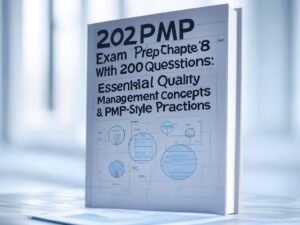



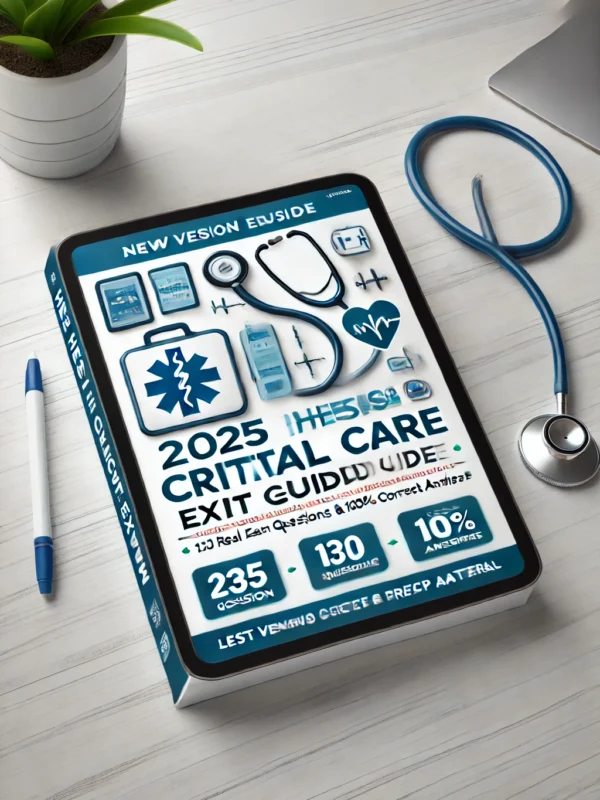
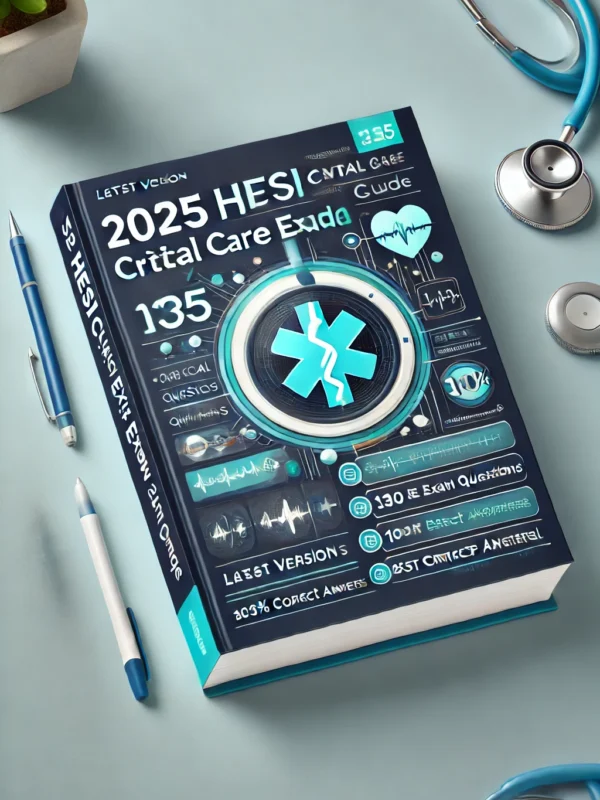

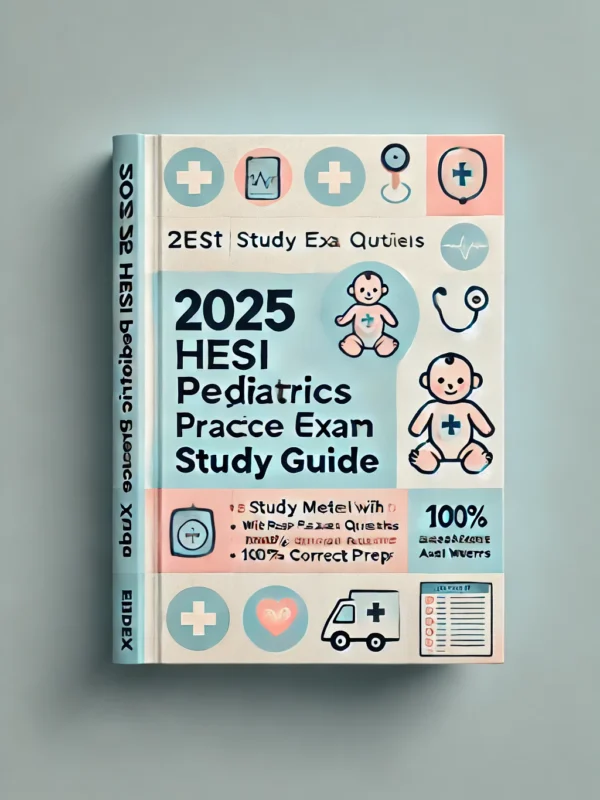
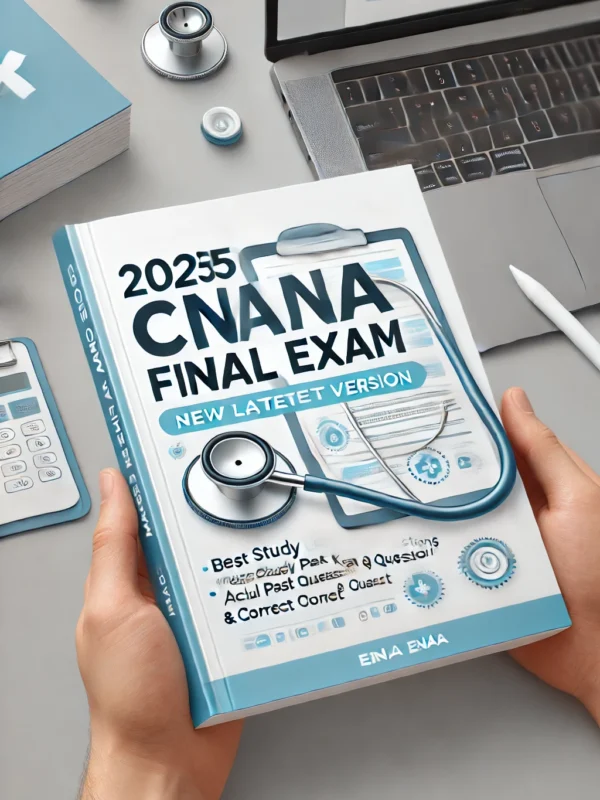
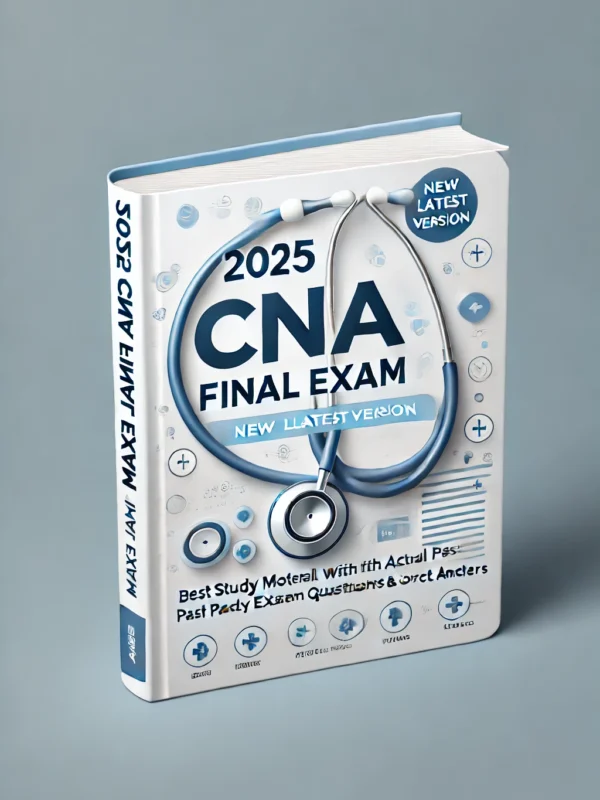
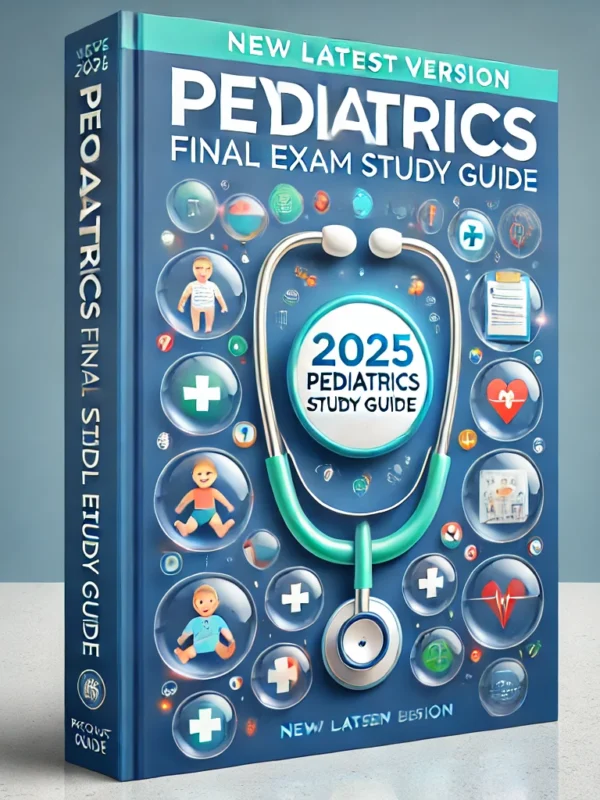
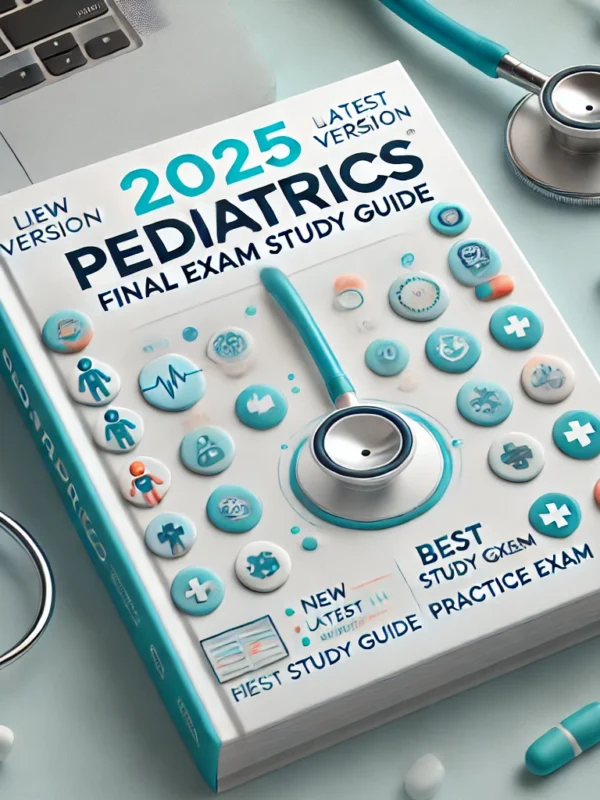
Reviews
There are no reviews yet.